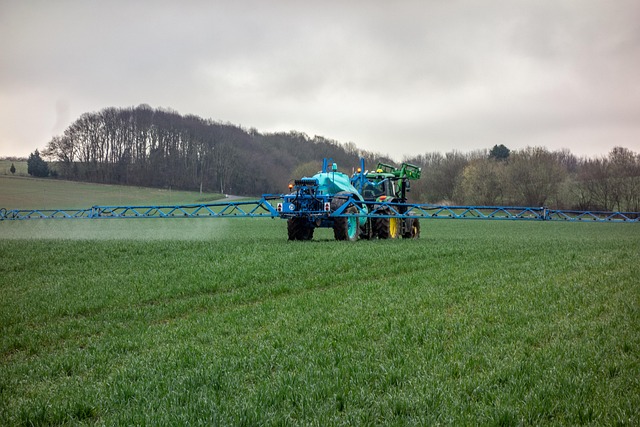In an era where climate change looms large over our planet, the agricultural practices we adopt play a crucial role in either exacerbating or mitigating its effects. Among these practices, fertilizer use stands out as a double-edged sword. On one hand, fertilizers have revolutionized farming, enabling increased crop yields and food security. On the other hand, their excessive application significantly contributes to greenhouse gas emissions, which further intensifies climate change.
When we consider the environment, it’s essential to acknowledge that fertilizers are packed with nutrients that plants need to thrive. However, the mismanagement of fertilizer use leads to excess nitrogen and phosphorus entering our water systems. This runoff can cause harmful algal blooms, which not only deplete oxygen in the water but also produce toxins detrimental to aquatic life and, ultimately, human health. Additionally, as these nutrients break down, they release nitrous oxide, a potent greenhouse gas that is about 298 times more effective at trapping heat in the atmosphere than carbon dioxide over a 100-year period. This stark reality compels us to rethink our approach to fertilizer use.
Climate change, intertwined with these emissions, poses significant risks including extreme weather events, rising sea levels, and shifting crop patterns, all of which can threaten food security. As farmers grapple with the reality of these challenges, the pressure mounts to find sustainable solutions that prioritize both yield and environmental integrity. Precision agriculture, which utilizes technology to apply fertilizers in optimal amounts, is one method to lessen emissions while maximizing crop productivity. By carefully monitoring soil health and crop needs, farmers can significantly reduce the over-application of fertilizers and their associated emissions.
Furthermore, organic fertilizers and alternative soil amendments can potentially reduce reliance on synthetic fertilizers. They not only enhance soil health and biodiversity but also lower the carbon footprint associated with traditional fertilizer production. As consumers, we also have a role to play. Supporting organic and sustainably farmed products can help drive the demand for practices that minimize harmful emissions.
It’s vital that we initiate conversations about fertilizer use and its implications on climate change. Awareness can spark action and inspire collective efforts to protect our planet. Farmers, policymakers, and consumers must work together to create a sustainable future where agricultural practices harmonize with environmental sustainability. The challenge is great, but so is the opportunity to redefine our food systems for the better.




